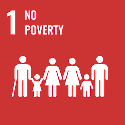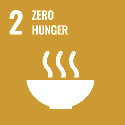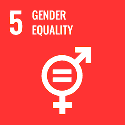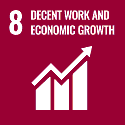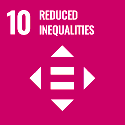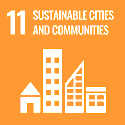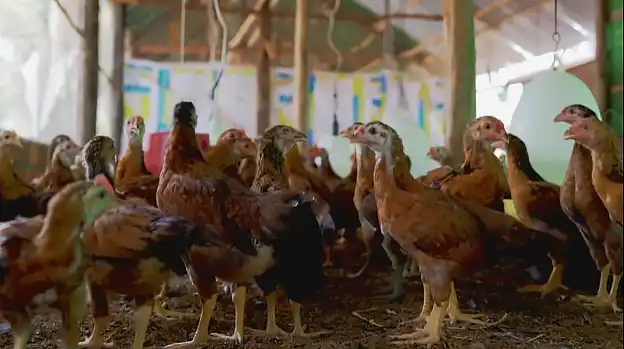Sustainable Poultry Farming
Empowering Cambodia’s most impoverished rural villagers through training in best-practice poultry raising and social investment to give them the tools they need to launch their own small businesses for vital income to support their families.
Since 2013, Dana Asia has supported KJC Farm, an international-standard poultry farm social business in Siem Reap, Cambodia, that trains low-income villagers in global best-practice poultry farming techniques.
To scale KJC Farm’s impact, Dana Asia designed the Outgrower project, a business model which equips farmers with the resources to launch their own poultry farming sustainable small businesses in their backyards. Outgrower farmers raise flocks of up to 500 chicks over a 90-day cycle with ongoing monitoring and mentoring from the experienced KJC team. At maturity, the chickens are sold through KJC Farm to the local Siem Reap market generating a sustainable income for the family and improving food security.
Why Poultry Farming?
Combat poverty and food insecurity at a community level by increasing the amount of disposable income in circulation within rural poor communities.
Raise income levels for the rural poor at a household level by establishing income-generating poultry small businesses.
Increase opportunities in training and self-employment opportunities for the marginalised rural poor.
Poultry Farming Impact
How do we do it?
Carefully-selected farmers are trained on KJC training farm in poultry farming, biosecurity, and small business management.
Unique innovations such as specially-designed sheds with a double-roof design to reduce temperatures in the shed and solar panels to produce electricity and water which can be used for the chickens and the family.
Investment capital is granted to fund the construction of the shed and purchase chicks, feed, and equipment to launch their small business.
Poultry Farming Success Stories
We have successfully tailored and implemented the poultry farming model for several impoverished Cambodians.
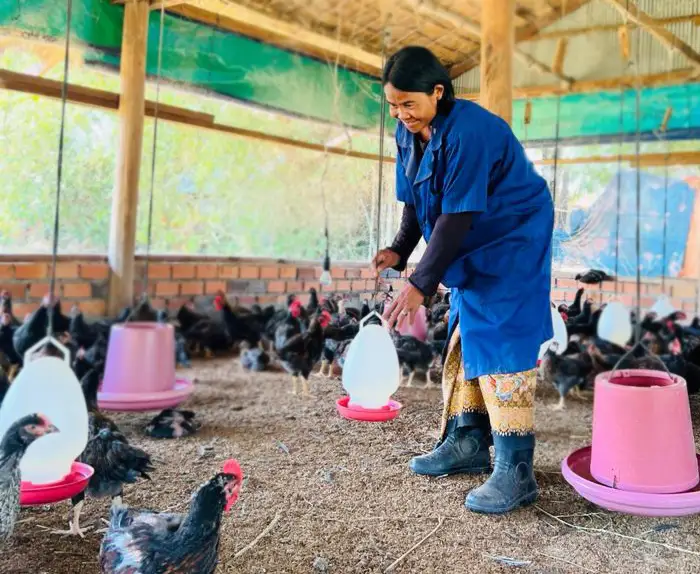
Poultry Outgrower Farmer Preap Rin secures an income to care for 9 household members.
Preap Rin is a 55-year-old outgrower farmer living in Phnom Dei village, Siem Reap province where she has lived…
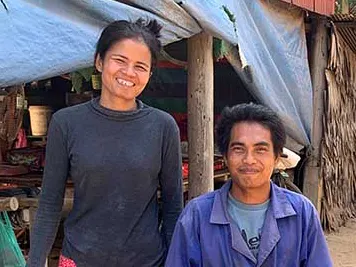
Meet Dana Asia’s very first outgrower farmers
Lorm Salat and her husband, Chor, were the very first pilot farmers to take part in Dana Asia’s Outgrower…
Do you want to make an impact through this social business model?
US$3,600
Empower the rural poor to become small business owners in poultry rearing as a sustainable way out of poverty.

